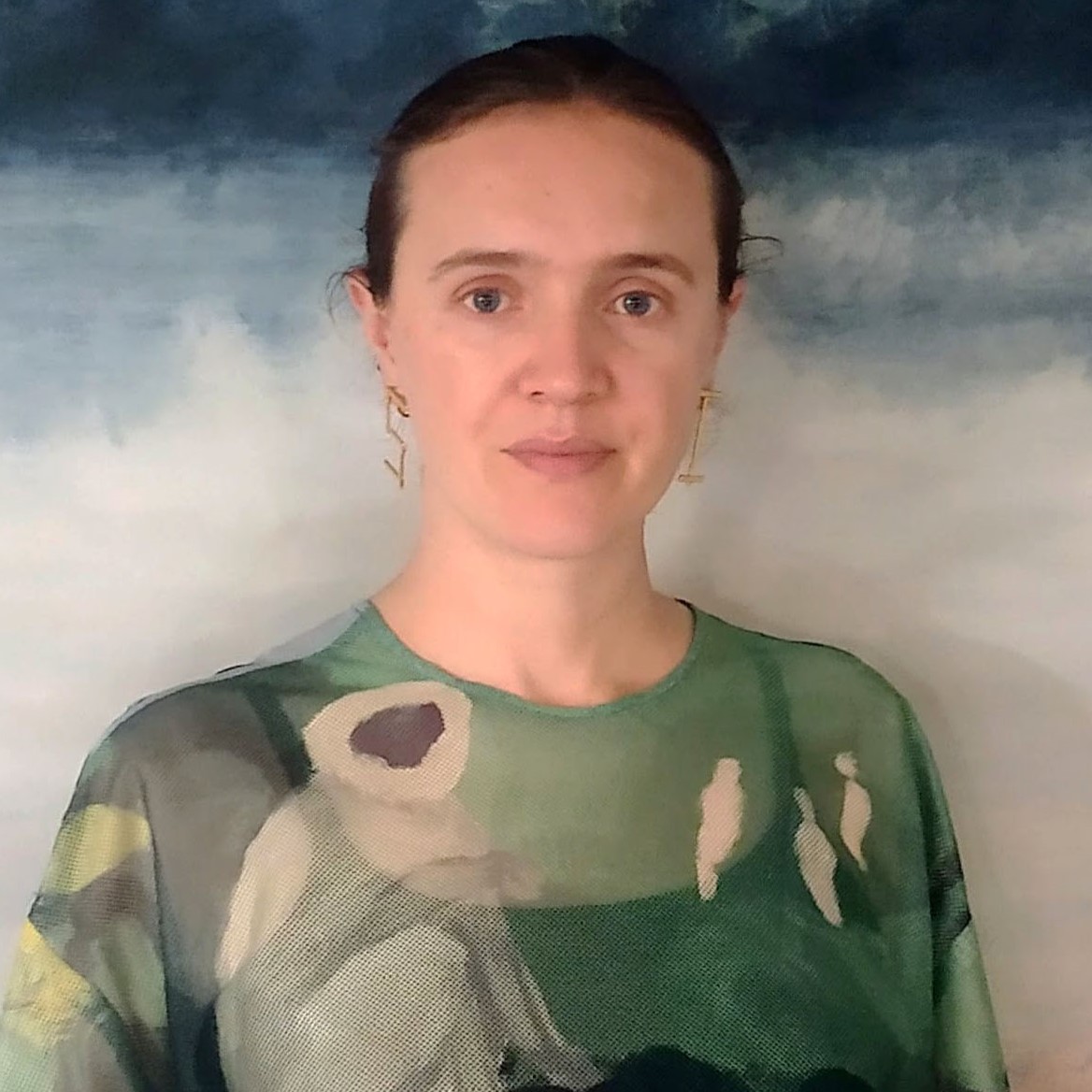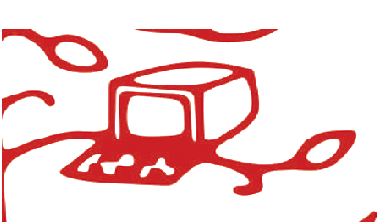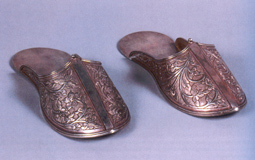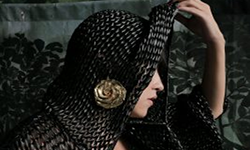
Advocacy, Craftspersons/ Artisanal, Employment/ Livelihood, Entrepreneurship, Business Devt.
The Golden Palm Jewelry from Columbia
Danielle
Issue 10,Summer 2023
Issue #10, 2023 ISSN: 2581- 9410
Palm weaving is as old as many civilizations. In all the places where there are palm trees, there have been creators who have seen in the material the potential to turn it into something else: ceilings, walls, floors, baskets... from the same observation, the animals that inspire me arise: someone, somewhere created animal figures, perhaps as children's games from which this research is based. Crickets, herons, roses, toucans, crabs.
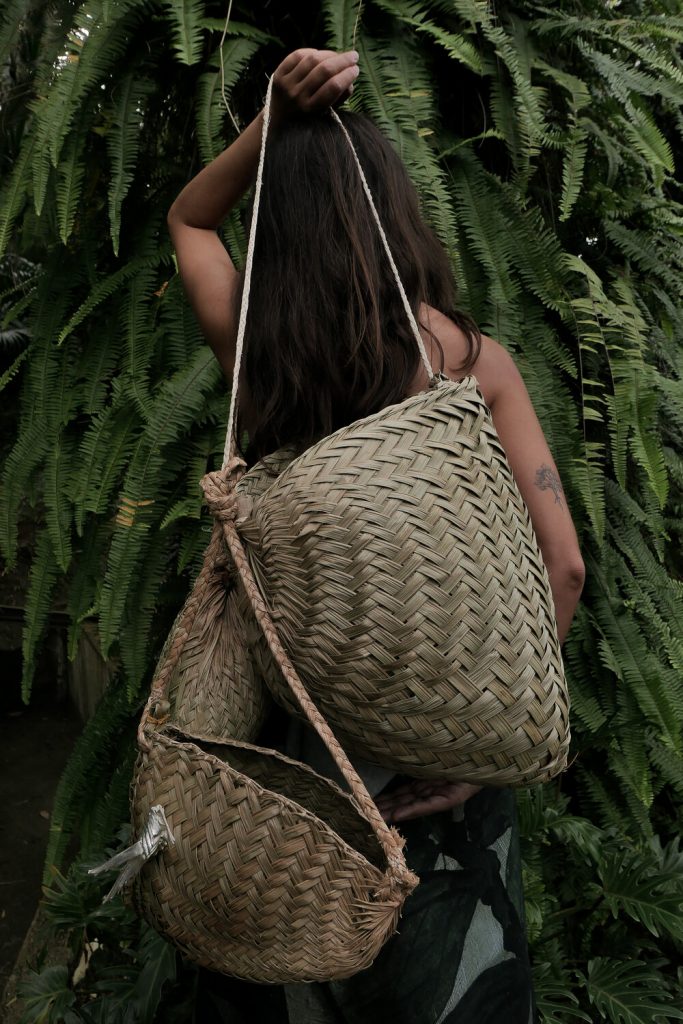 For 10 years now I have been working hand in hand with palm crafts men and women from her country developing animals and figures in coconut palm. We observe the animals around, also those that come to the mind. The fauna and flora of Colombia and Latin America has always been a starting point. After weaving them, they go through a drying process and later they enter electrolysis that is done by another craftsman. It is an industrial process that we settle in an artisanal way. Finally, they are bathed in gold or silver and the result is surprising: whoever went unnoticed in front of the palm observes the metallic figure with surprise. There are never two identical figures and the nature of the palm remains visible to the viewer: textures, knots, gestures.
For 10 years now I have been working hand in hand with palm crafts men and women from her country developing animals and figures in coconut palm. We observe the animals around, also those that come to the mind. The fauna and flora of Colombia and Latin America has always been a starting point. After weaving them, they go through a drying process and later they enter electrolysis that is done by another craftsman. It is an industrial process that we settle in an artisanal way. Finally, they are bathed in gold or silver and the result is surprising: whoever went unnoticed in front of the palm observes the metallic figure with surprise. There are never two identical figures and the nature of the palm remains visible to the viewer: textures, knots, gestures.
 For 10 years now I have been working hand in hand with palm crafts men and women from her country developing animals and figures in coconut palm. We observe the animals around, also those that come to the mind. The fauna and flora of Colombia and Latin America has always been a starting point. After weaving them, they go through a drying process and later they enter electrolysis that is done by another craftsman. It is an industrial process that we settle in an artisanal way. Finally, they are bathed in gold or silver and the result is surprising: whoever went unnoticed in front of the palm observes the metallic figure with surprise. There are never two identical figures and the nature of the palm remains visible to the viewer: textures, knots, gestures.
For 10 years now I have been working hand in hand with palm crafts men and women from her country developing animals and figures in coconut palm. We observe the animals around, also those that come to the mind. The fauna and flora of Colombia and Latin America has always been a starting point. After weaving them, they go through a drying process and later they enter electrolysis that is done by another craftsman. It is an industrial process that we settle in an artisanal way. Finally, they are bathed in gold or silver and the result is surprising: whoever went unnoticed in front of the palm observes the metallic figure with surprise. There are never two identical figures and the nature of the palm remains visible to the viewer: textures, knots, gestures.
This is a preview. To access all the essays on the Global InCH Journal a modest subscription cost is being levied to cover costs of hosting, editing, peer reviewing etc. To subscribe, Click Here.
ALSO SEE
Framing the Fluid Multiple Perspectives on Bhar...
Johar, Navtej
The Tradition of Foot Covering in Indian Cultur...
Pathak, Anamika
